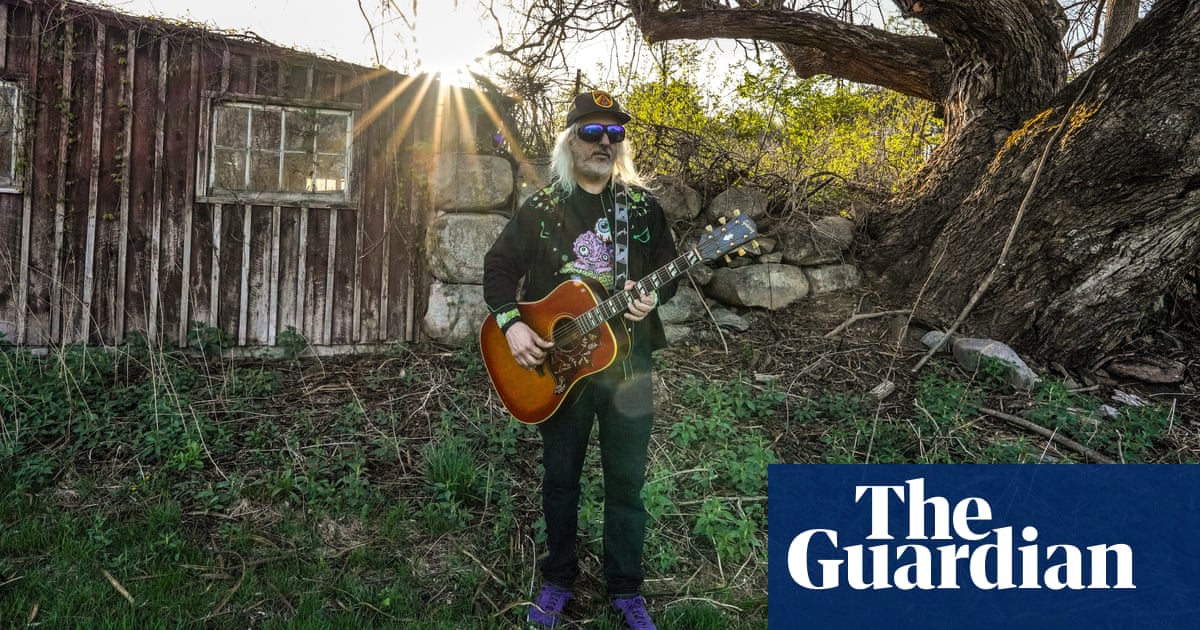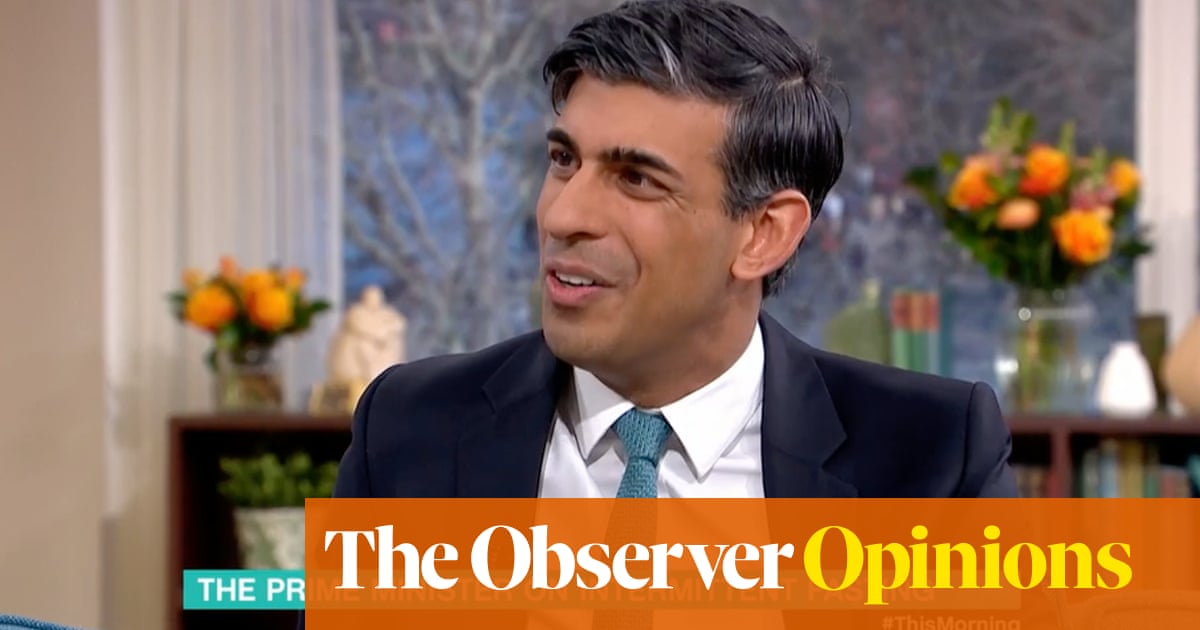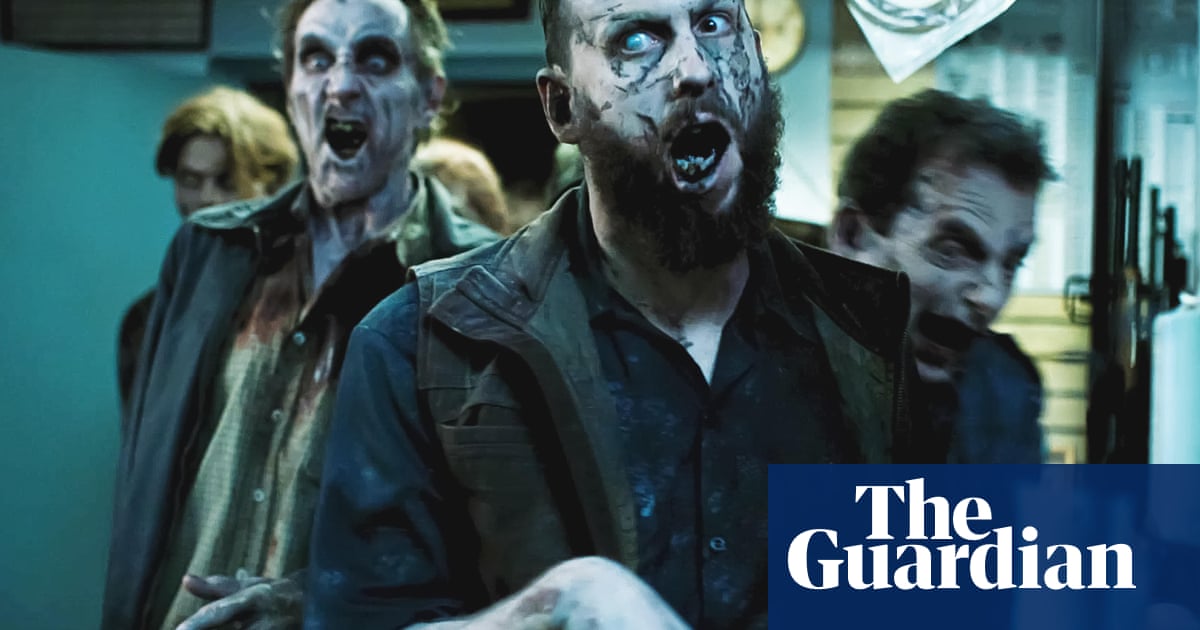
Detention
I grew up functionally illiterate. In most urban communities you were just pushed to the side and disregarded, so long as you were quiet. I was evaluated and told I had a third-grade reading level. I was frustrated and ashamed that I couldn’t fit in and comprehend the work, so I turned my back on it all. The teachers would say: “Did you do your homework?” I would say: “No, I didn’t.” I frightened them into leaving me alone. I spent the last three years of high school in detention because I didn’t fit the mould.
In 2009, I was diagnosed with clinical depression and wanted to kill myself. It all came from these childhood experiences. I was completely confused as a result of all of the success and wealth that I had accumulated, and all the dreams that I had had as a young man, living in poverty with undiagnosed clinical depression and dyslexia. Nowadays, I have an organisation called No Kidding! Me 2!!, that aims to stamp out the stigma of mental illness.
Frank Sinatra
I am from Hoboken, New Jersey, a small town on the Hudson River with the monolith of Manhattan staring us down. You can see the Empire State Building – it’s a seven-minute subway ride away. Frank Sinatra grew up on the same block. Sinatra was a waterline: if he could get out of town, could I? I had no education or sports. But showbiz and acting? Sinatra did both of those things.
I remember, age 12, having the cognitive understanding that I would cease to exist at some point, and there would be no evidence that I ever existed. I had this idea of wanting to get inside the 12-inch black-and-white TV in my mother’s bedroom, to not only get out of my poverty and get away, but to be remembered. If I could be inside that TV, in showbusiness, like the characters I saw in those old movies, then I would be immortal.
The Million Dollar Movie channel
The Million Dollar Movie channel showed old black-and-white films as a cheap way to put on content. I loved Fred Astaire and I was in love with Ginger Rogers. I had an enormous crush on her. I still do. None of the women or girls in my neighbourhood looked like Rogers. So she was my ideal.
I loved Margaret Rutherford, the British actor who first played Agatha Christie’s Miss Marple, in the floppy hat. She was so charming and interesting to look at. She did a film called Blithe Spirit, based on the Noël Coward play, with Rex Harrison, where she plays a tarot reader who can talk to the dead. It was hysterically funny and so different from anything I had seen before. I really admired Montgomery Clift and Alec Guinness. I’d watch Harpo Marx and Lou Costello and think: “Wow, they’re fun. They make me laugh. I’d like to do that kind of work.”
Swag
We couldn’t afford stuff, so there was huge excitement shoplifting food or socks and not getting caught. I didn’t know this at the time, but disease and emotional distress is treated with risky behaviours: shoplifting, alcohol, sex or drugs. In the mid-60s, a lot of our musical entertainers made drug culture palatable, sexy and exciting. I mean, I don’t have to tell you what 60s England was like.
In my neighbourhood, people loved to buy what they called “swag” – stolen without a gun. I would go to Orchard Street in New York and buy these popular T-shirts with big stripes for $2, go back to Hoboken and sell them out of the trunk of someone’s car – I didn’t have one. It was very exotic to sell stolen stuff out of the trunk of a car so I would say they were stolen and sell them for five bucks, making $3 a shirt.
The Herbert Berghof studio
I did a high school play, Up the Down Staircase, in my senior year in 1970, just shy of my 19th birthday. It was very similar to what I was going through: going against the grain, going up the down staircase, not wanting help and yet standing out to get help. I just remember how much fun I had. I liked the way the lights felt so you couldn’t see the audience. During one of my speeches, I could hear people crying. I was so taken aback, I started to sob. It was a feeling I’d never experienced before, and one I’ve been chasing for the last 45 years.
My two teachers, Donna Damiano and John Fredericks, said: “You have a real aptitude for this, and it can be a career path. But if you want to be an actor, you need to learn how to read.” So I made a deal: they’d pass me if I started going to acting school while I was still in high school. I signed up to the Herbert Berghof studio in the West Village, an easy subway ride to class, and spent 10 years learning the business.
The Vietnam war
Being a teenager is the most miserable time: it’s a miracle if you can get through it. I have four kids and I don’t know any parent that doesn’t have struggling moments. You have to be lucky to dodge some kind of terrible, mind-bending, traumatic event that will mould you for the rest of your life.
I dodged the Vietnam war by the dumb luck of it being turned into a lottery system, based on your birthday, and my number not getting pulled. In 1970, I was 19 years old, there was a war, we had a corrupt president and a lot of college kids were on demonstrations. There was a lot going on.
I grew up in the projects, where the state helps you with affordable housing and food stamps. My parents were terrible gamblers on the numbers [Italian lottery] and the horses, so they were always broke. We went through a lot of evictions. I remember them turning off the heat and shutting off the phone. So I’ve always been very frugal and frightened about going broke.
As a young man, I lied my way out of all kinds of situations: my dog ate the homework, I was very good at that. So acting seemed a natural segue into a future where you could make a living out of lying. There’s an old saying: the most important thing about acting is sincerity. Once you learn to fake that, you got it made.












